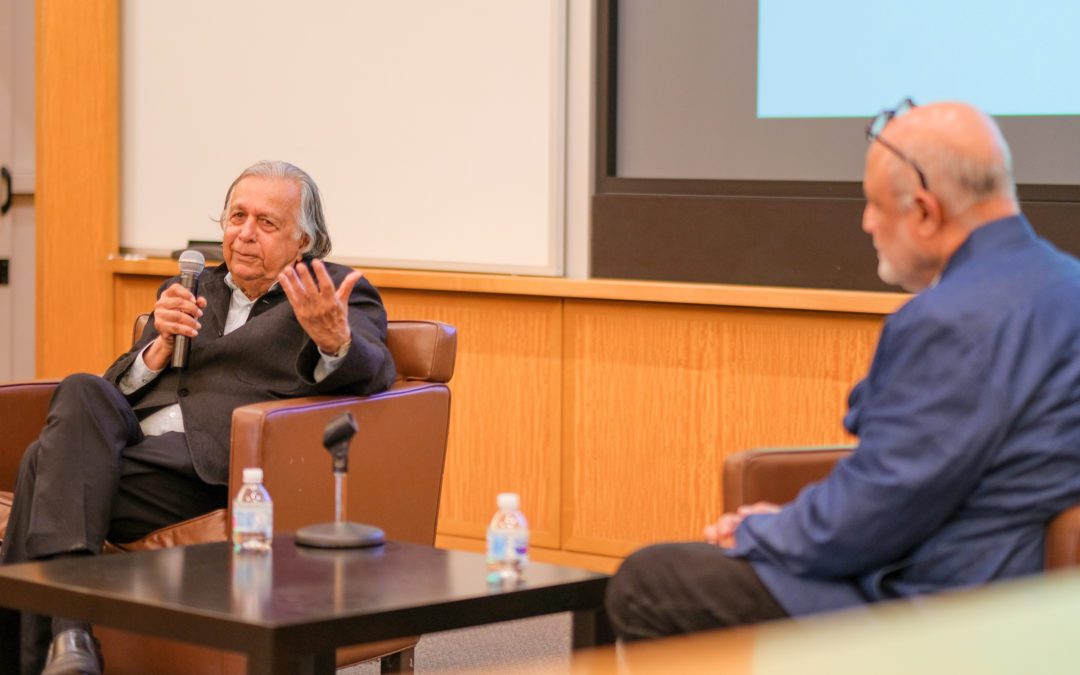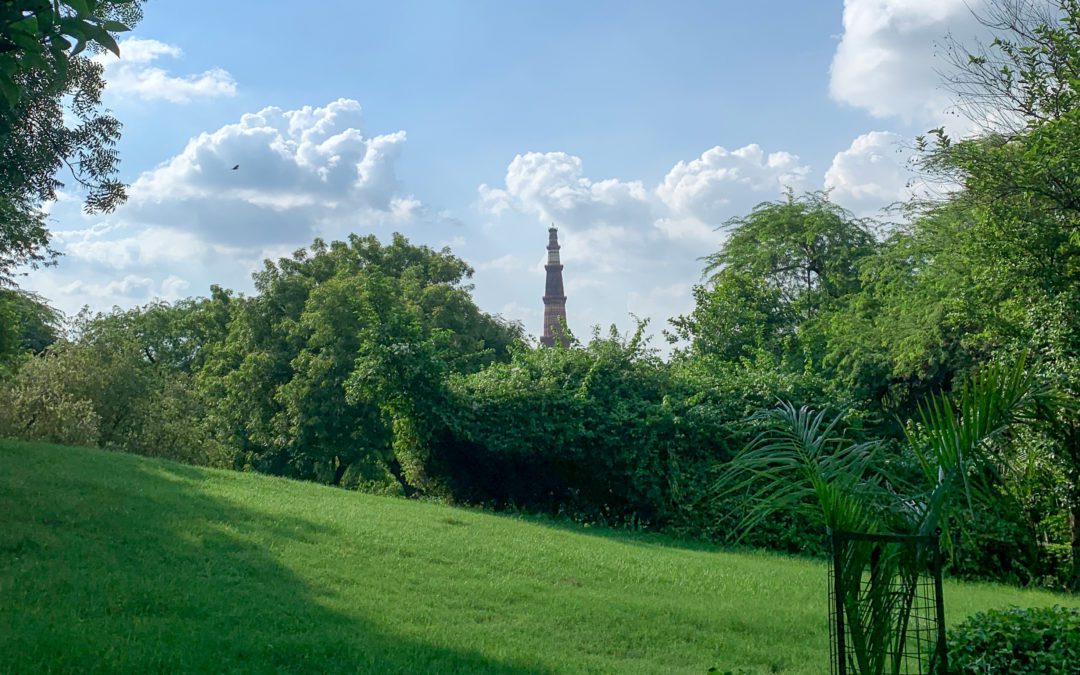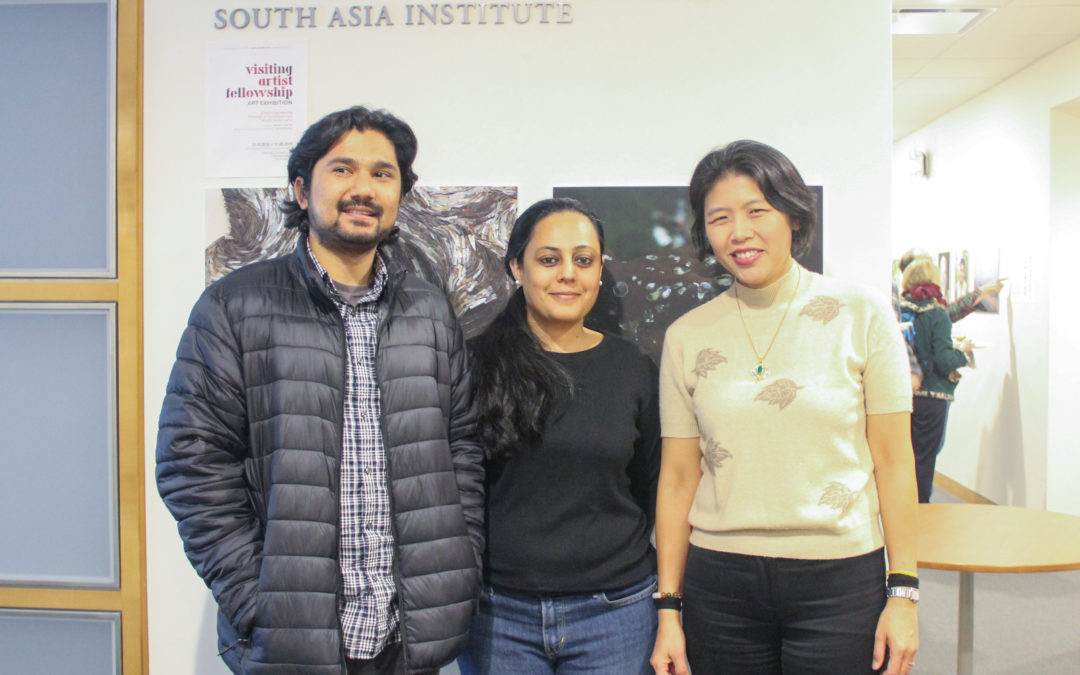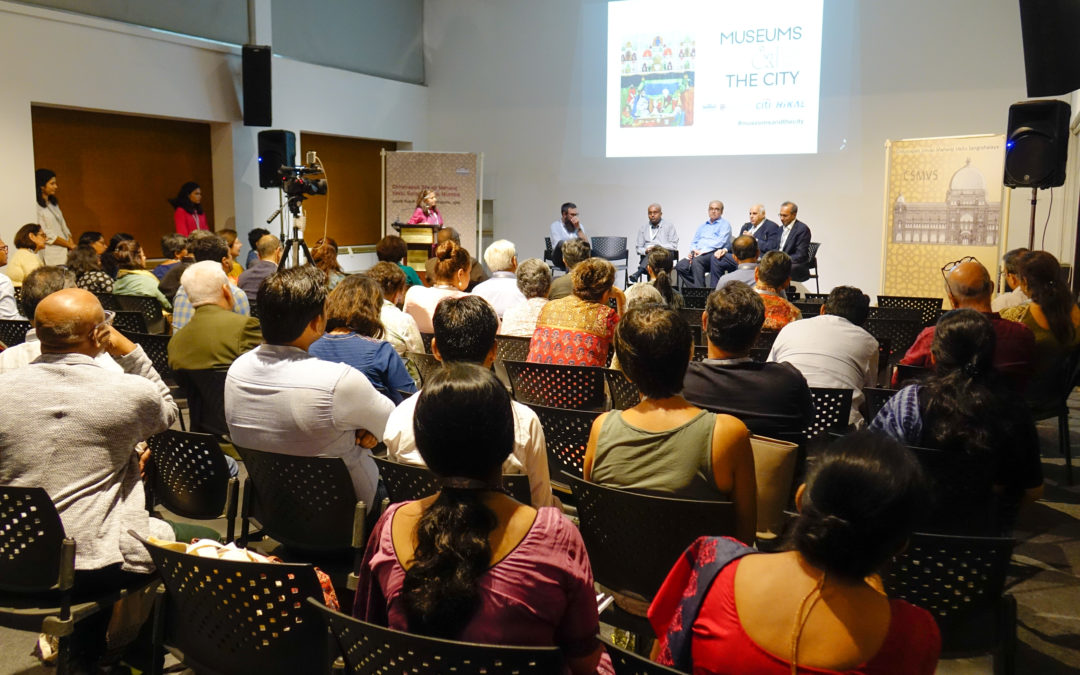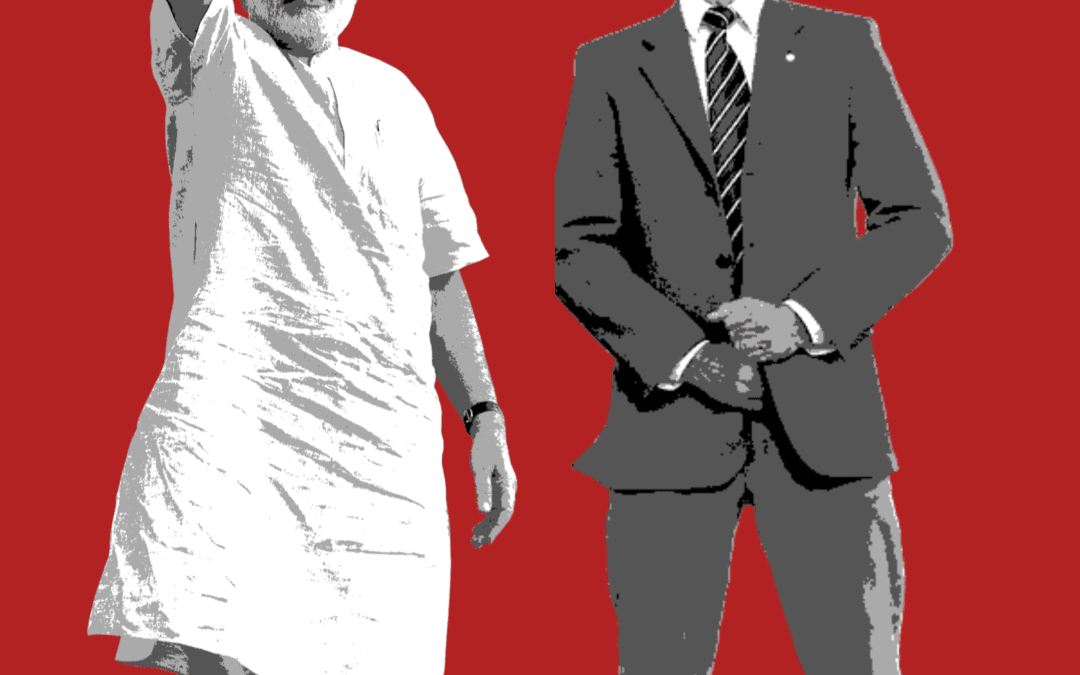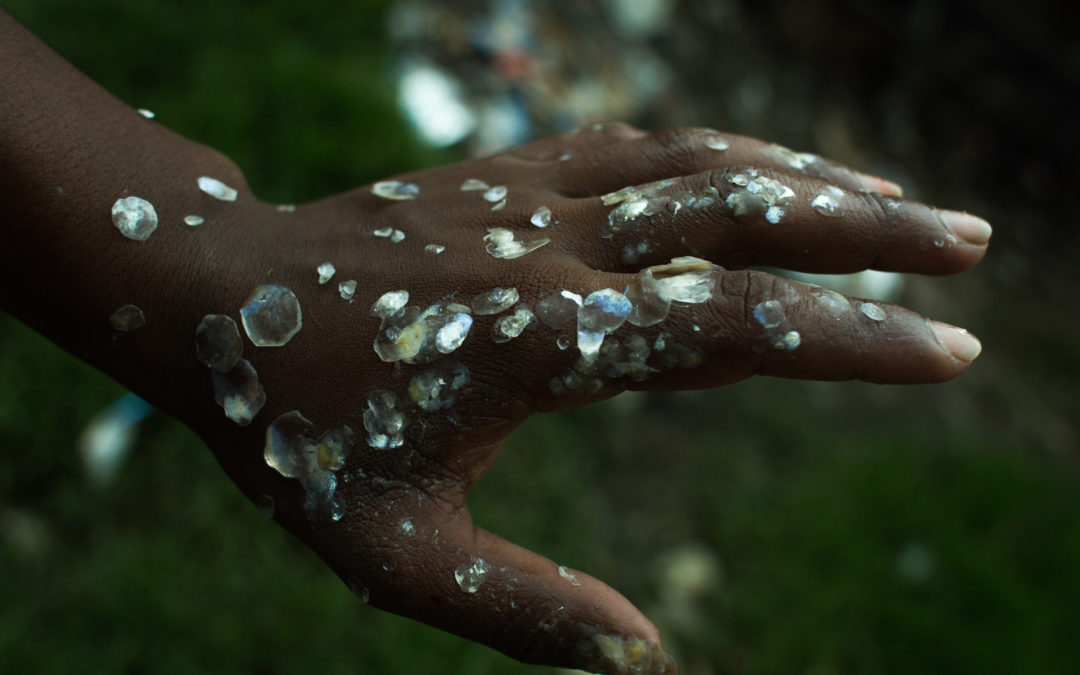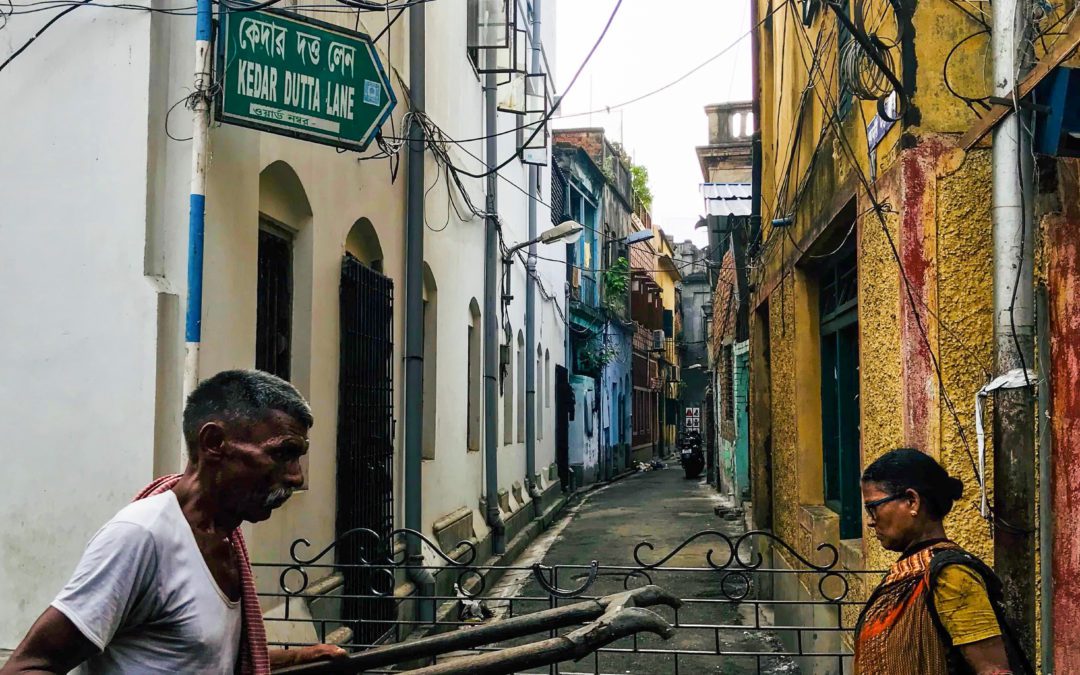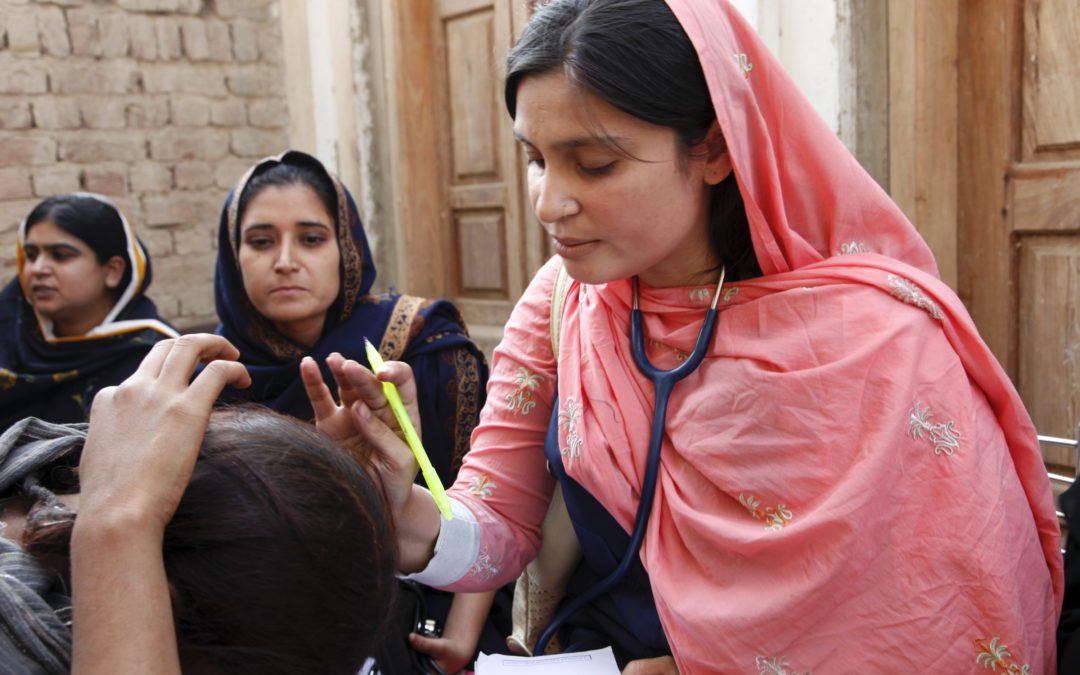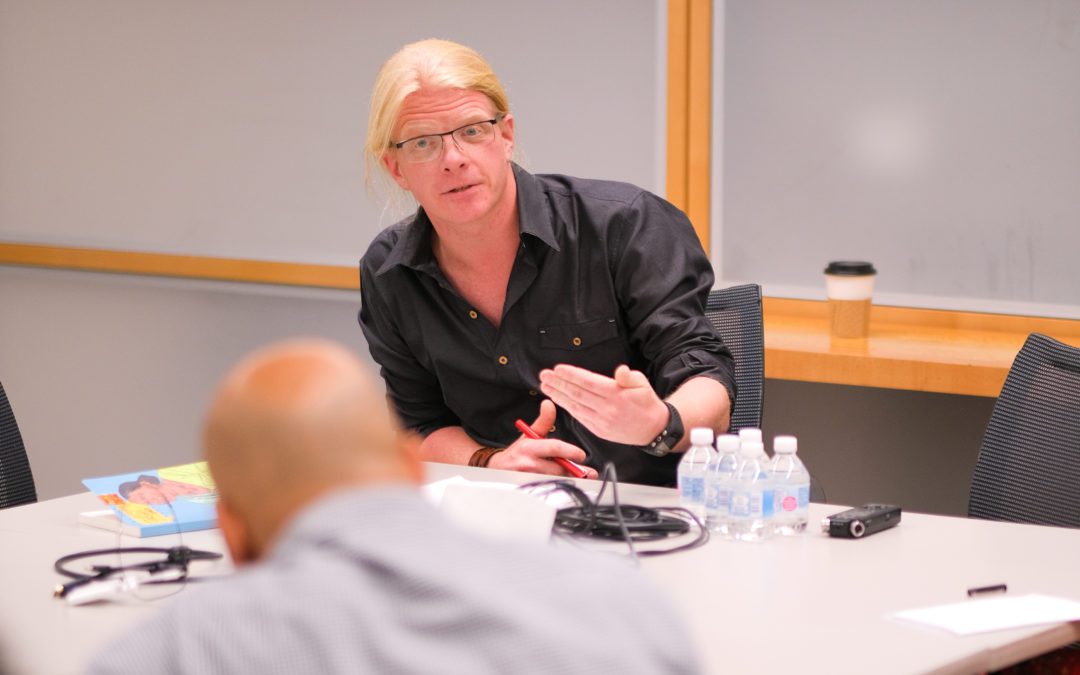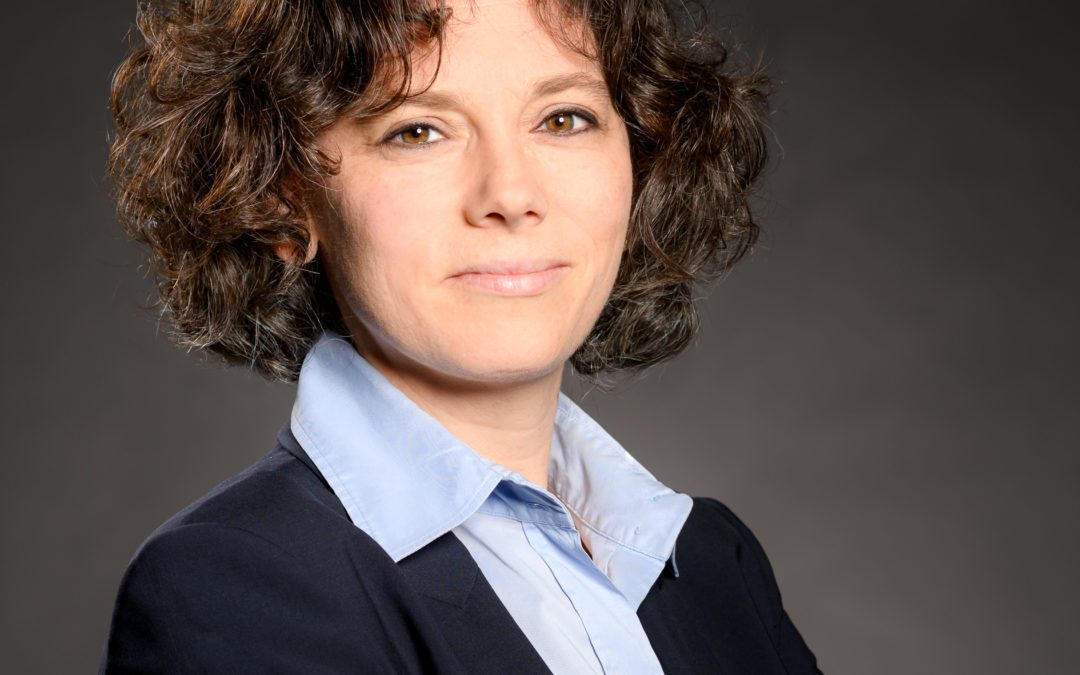Nosheen Ali: Rule and Development in Northern Pakistan

In the north of Pakistan lies Gilgit-Baltistan, a Shia-majority region of Sunni-dominated Pakistan, and a contested border area that forms part of disputed Kashmir. Though typically seen as an idyllic paradise, many overlook how the region is governed as a suspect security zone. We spoke with Nosheen Ali, author of Delusional States: Feeling Rule and Development in Pakistan’s Northern Frontier, to learn more about the region of Gilgit-Baltistan, its people, and the challenges they face. Ali will speak at the Mittal Institute’s upcoming seminar on Friday, October 25, alongside Professor Ali Asani, Professor of Indo-Muslim Religion and Cultures at Harvard University.

